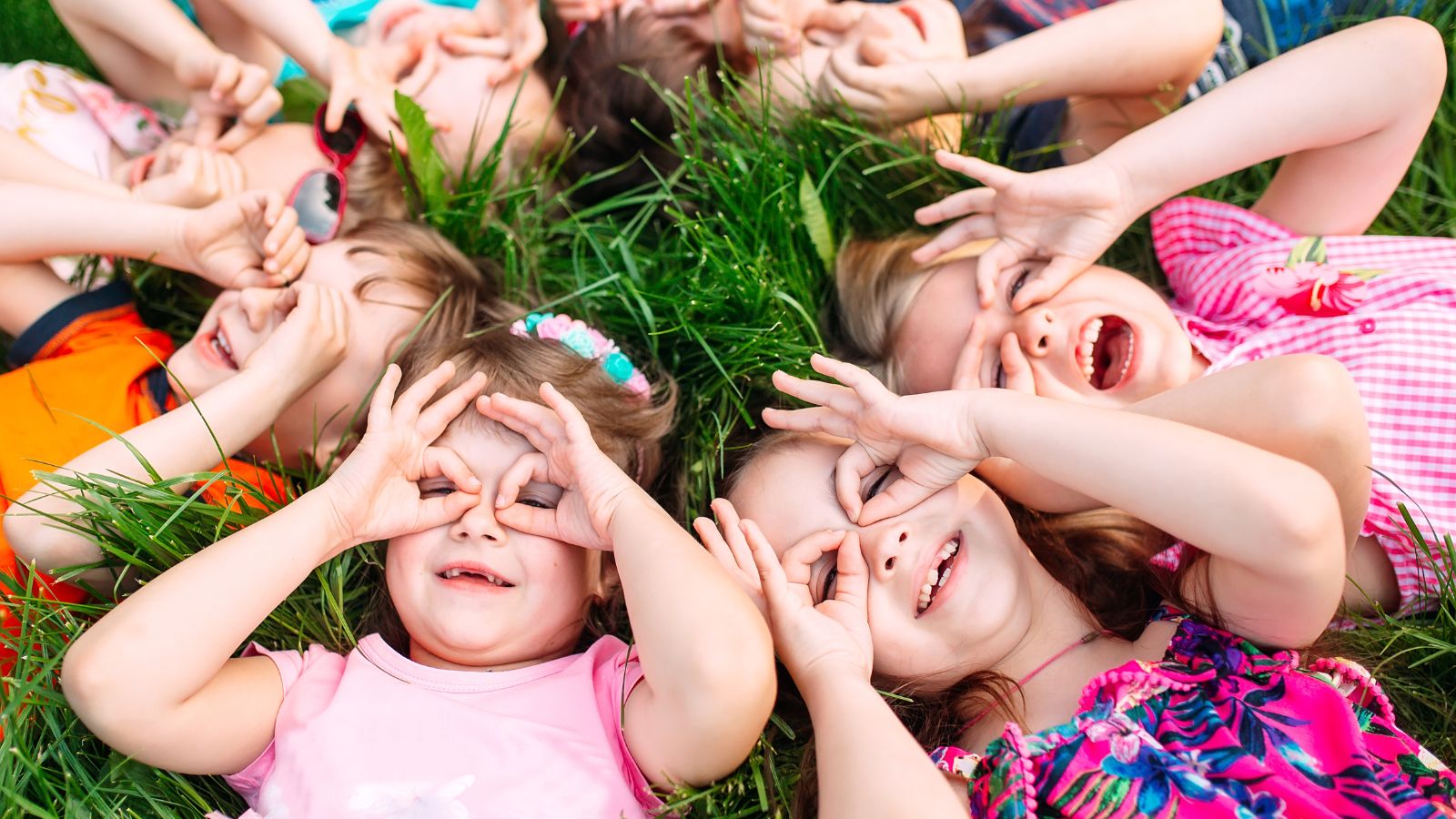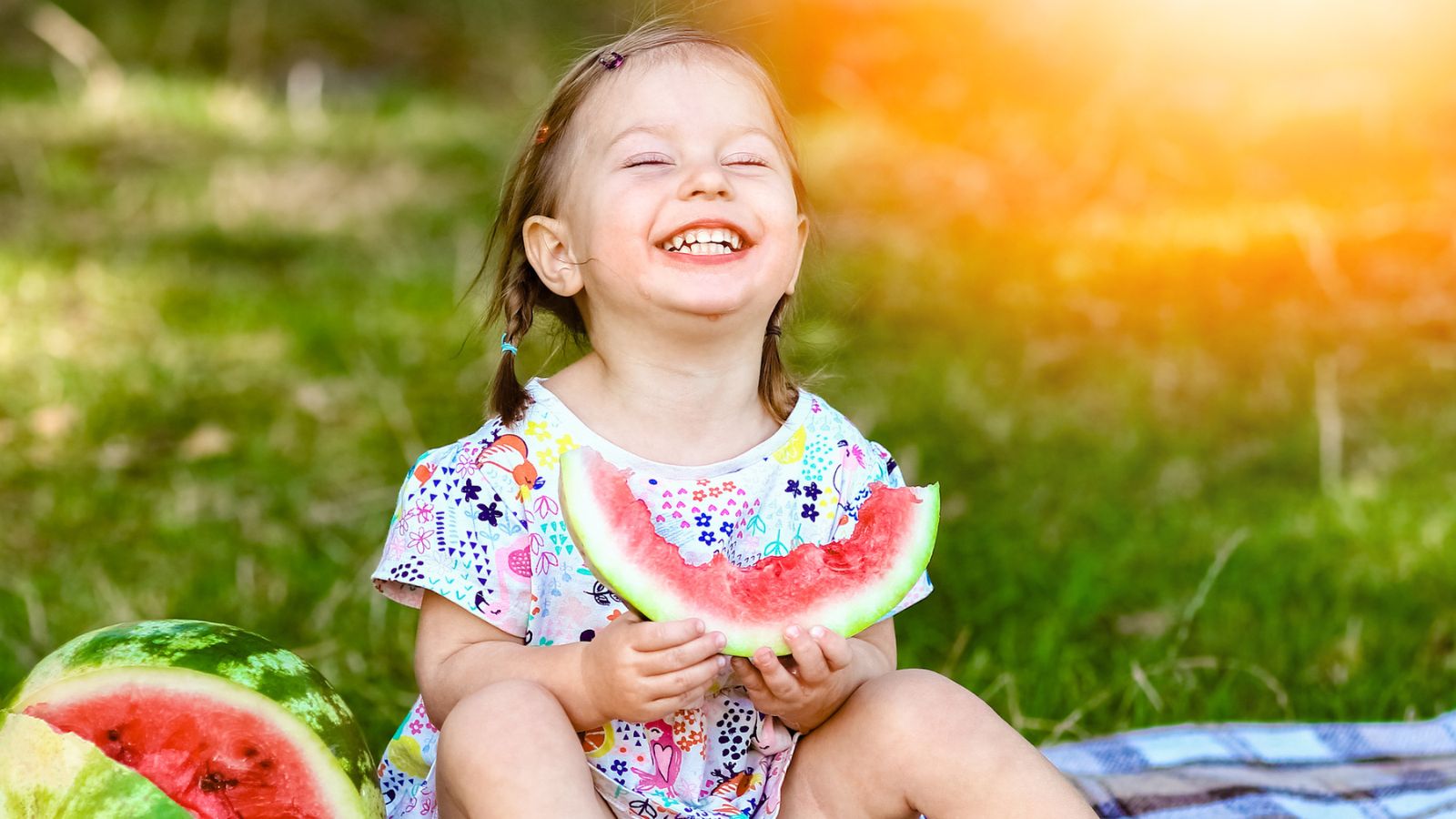10 Childhood Perks That Fade Away in Adulthood

Growing up, we all experienced moments when we pushed the boundaries, indulged in mischievous behavior, or simply enjoyed the privileges that childhood afforded us. As children, we were often given more leniency and forgiveness for our actions, while adults faced greater scrutiny and expectations. This stark contrast in treatment between kids and grown-ups highlights the fascinating double standards that exist in our society.
1. Tantrums

When children throw tantrums, it’s often seen as a natural part of their development or an expression of their emotions. They might stomp their feet, scream, or cry in public without facing major consequences. However, if adults were to exhibit the same behavior, it would be considered immature, unacceptable, and potentially damaging to their personal and professional relationships. While adults are expected to control their emotions and find more appropriate ways to express themselves, children are given more leeway due to their still-developing emotional regulation skills.
2. Snooping

Curiosity is a hallmark of childhood, and kids are often known to snoop around in their parents’ belongings or eavesdrop on conversations without facing significant repercussions. It’s usually attributed to their innocent desire to explore and learn about the world around them. In contrast, if adults were caught snooping through someone’s personal belongings or listening in on private conversations, it would be perceived as a violation of boundaries, trust, and privacy, potentially damaging relationships and reputations.
3. Messiness

Children can create messes without being held accountable to the same extent as adults. Spilling food, scattering toys, or leaving their clothes strewn across the floor are often considered part of the learning process and the natural disarray of childhood. However, if adults were to consistently exhibit the same level of messiness in their living spaces, workplaces, or public areas, it would be deemed irresponsible and disrespectful, reflecting poorly on their character and ability to maintain order.
4. Bluntness

Children have a reputation for being refreshingly honest, sometimes to a fault. Their innocent bluntness is often seen as cute or endearing, as they have yet to fully grasp the nuances of social etiquette. Whether it’s pointing out someone’s physical appearance or asking direct and personal questions, children are usually granted forgiveness due to their lack of social awareness. Conversely, adults are expected to exercise tact, diplomacy, and sensitivity when communicating, as their blunt remarks could be perceived as rude, hurtful, or inappropriate.
5. Picky Eating

Many children go through phases of being picky eaters, turning their noses up at various foods and preferring a limited range of options. Parents often accommodate their preferences, hoping it’s just a passing phase. However, if adults were to display the same selective eating habits, it would be considered childish and inconvenient. Adults are expected to have a more adventurous palate and to be open-minded when it comes to trying new foods, as it is seen as a sign of maturity and adaptability.
6. Skipping Responsibilities

Children may occasionally skip chores or avoid responsibilities, and while parents may reprimand them, the consequences are often minimal. It’s often seen as part of the learning process, where they understand the importance of fulfilling obligations over time. Conversely, if adults were to shirk their duties, whether at home or in the workplace, it would be viewed as irresponsible and unprofessional. Adults are expected to fulfill their obligations reliably and efficiently, as it directly affects their reputation and the smooth functioning of their personal and professional lives.
7. Needing Assistance

Children are dependent on adults for many aspects of their lives, including help with daily tasks, decision-making, and problem-solving. Their need for guidance and support is not only expected but also seen as an integral part of their development. However, if adults were to constantly rely on others for basic tasks or require constant hand-holding, it would be seen as a lack of independence and self-sufficiency. Adults are generally expected to take initiative, make informed decisions, and solve problems autonomously.
8. Lack of Filter

Children are known for their unfiltered honesty and saying exactly what’s on their minds. Whether it’s making observations about someone’s appearance or sharing their candid opinions, kids often get a pass for their lack of social tact. However, if adults were to speak without a filter, it would be seen as rude, offensive, and potentially damaging to relationships and professional reputations. Adults are expected to exercise discretion and consider the impact of their words.
9. Public Meltdowns

When children have meltdowns in public, people often respond with empathy and understanding, recognizing that they are still learning to regulate their emotions. However, if adults were to have similar outbursts, it would be seen as a loss of control and a lack of emotional maturity. Adults are expected to handle their emotions in a more composed and socially appropriate manner, especially in public settings.
10. Constant Playfulness

Kids have a natural inclination for playfulness and imagination, which is considered an essential part of their development. They can engage in imaginative play, create imaginary friends, or immerse themselves in make-believe scenarios. However, if adults were to maintain the same level of constant playfulness, it would be seen as immature and potentially hinder their ability to meet adult responsibilities. Adults are generally expected to prioritize work, commitments, and serious matters over prolonged periods of play.
50 Super Simple Side Hustle Ideas

50 Super Simple Side Hustle Ideas (& How to Make Them Work)
10 Frugal Lessons I Learned From Being Flat Out Broke

10 Frugal Lessons I Learned From Being Flat Out Broke
How To Make Money Without a Job

How To Make Money Without a Job
Creative Ways To Make Money

20 Easy Ways to Raise A Credit Score Fast

Read More: 20 Easy Ways to Raise A Credit Score Fast
Frugal Living Tips: The Essential Guide To Start Saving Money

Frugal Living Tips: The Essential Guide To Start Saving Money






